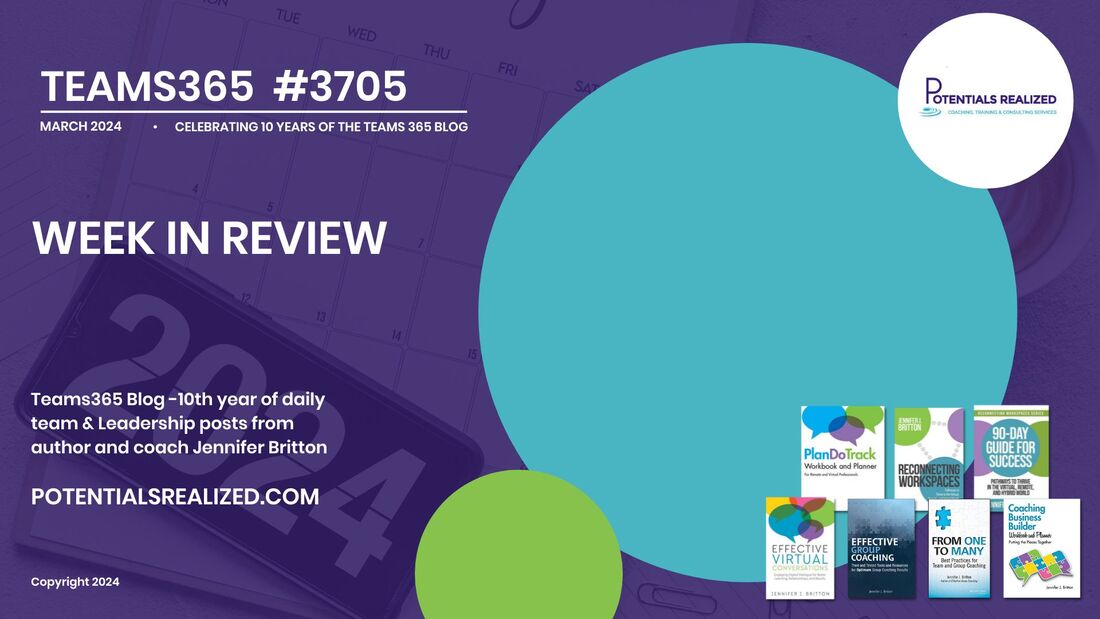Powerful questions are not designed to “figure things out” for yourself, rather geared to provide an opportunity for the person you are talking about to expand, get clearer, or articulate on what is important to them. Powerful questions may also provide the opportunity to challenge assumptions, reframe perspectives, and support more focused action. Powerful questions create the “power of the pause,” a breathing space in today’s often frenetic environment.
In today’s world of teamwork, sparking rich dialogue across the team is no longer a ”nice to have” but a necessity. Our role of leader is one of enabler and supporter to our team members. Creating an environment where they can focus their attention and expand on their awareness is key to high performance. Understanding goals, strengths, enablers and derailers is key for all team members.
On a technical side, powerful questions open up the space for people to explore, look at things in different ways, and are usually short and concise. Note the impact of shorter questions in your conversations with others, rather than questions which are long-winded or stacked (when two questions are asked at once). When stacking happens it is likely that the people you are speaking with might ask you to repeat it or ask for clarification on what you are asking. Short questions are usually only five or six words in length.
Finally, the way we ask questions also shapes the conversation, and impact of it. Questions which start with “What” open the space for articulation, or exploration. “How” questions may put people into thinking about process. “Why” questions are powerful when trust is high and you already have an established organizational culture of asking “WHY”. In cultures of low trust, “Why” questions may put people on the defensive and have the reverse impact of shutting down the conversation.
One activity which can be useful is to develop a list of questions which you can use in upcoming team conversations. As seen in this list, powerful questions can serve many purposes – to focus or expand, to challenge or to clarify. While you would never use all these at one time, here is a selection of my favorites:
- What’s your most important goal right now?
- How does this goal connect with others? (other team members, KPIs, organizational goals etc)?
- What’s really important about that?
- What could get in the way?
- What additional support will help you be successful?
- What perspective are you in around this?
- What’s another perspective around that?
- What else?
- 3 adjectives that describe….
- If you were to make one change that made the biggest difference, what would it be?
- What is the one action you want to undertake in the next 24 hours?
- What impact would it have?
- What’s aligned?
- What’s not?
- What would “wild success” look like?
- What will help you focus?
- What’s your vision?
- What’s at the core?
- What’s the flip side? (or What’s an alternative to that)?
- Who is an ally for you in this?
- What assumptions are you making?
- Imagine it is now 5 months down the road. How will you know you’ve been successful?
Activity: This week notice the impact your questions are having in different conversations. What questions do you find to be most powerful with each person?
This post was originally published as a LINKEDIN post.
Potentials Realized |Reconnecting Workspaces | Group Coaching Essentials
Team and Leadership Development | Coaching | Retreats
Follow us on Instagram @ReconnectingWorkspaces
Phone: (416)996-8326
Check out my TEDx talk
Looking to bring your workplaces back together, whether you are remote, hybrid, or face-to-face? Pick up a copy of my new book, Reconnecting Workspaces, at Amazon.

 RSS Feed
RSS Feed





